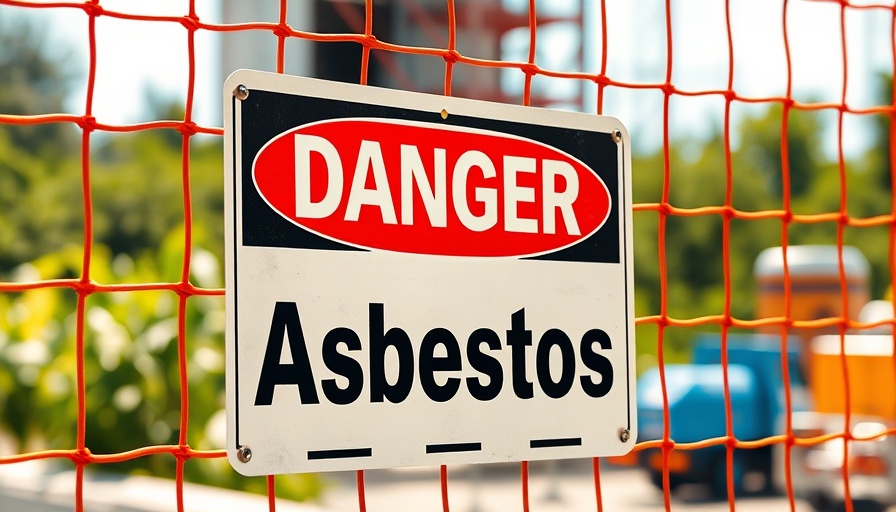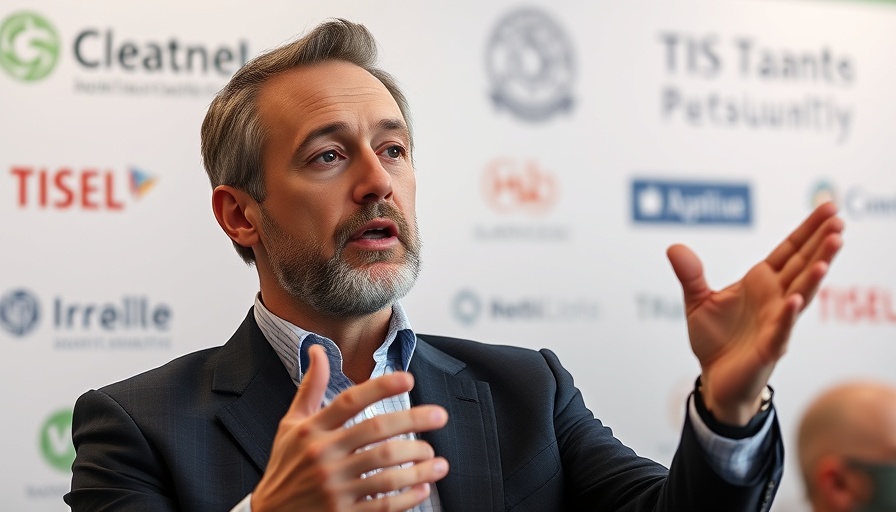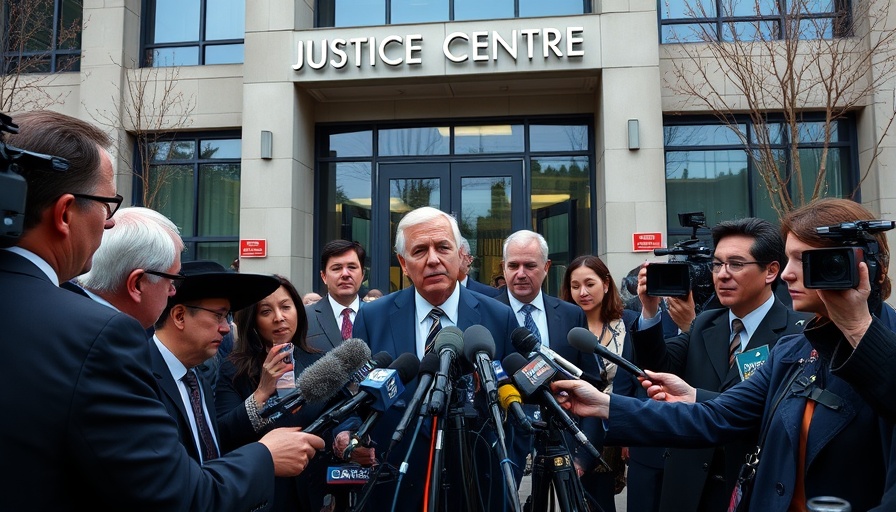
The Shocking Turn: A Reassessment of Asbestos Regulation
In a decision that has raised eyebrows and prompted fears among health advocates, the Environmental Protection Agency (EPA) is reconsidering its earlier ban on chrysotile asbestos, the last form of asbestos still legally in use in the United States. This comes on the heels of a ban initiated under the Biden administration, designed to align the U.S. with over 50 countries that have already outlawed this dangerous material. Despite clear scientific evidence linking asbestos to severe health risks, including lung cancer, mesothelioma, and ovarian cancer, the Trump administration’s current stance raises questions about public health priorities.
Decoding the Cancer-Causing Asbestos Dilemma
Asbestos has a long and controversial history in American industry, celebrated for its insulating properties but condemned for its carcinogenic characteristics. The latest figures from the EPA suggest that asbestos exposure contributes to more than 40,000 deaths annually in the U.S., highlighting the urgent need for stricter regulations rather than potential rollbacks.
Understanding the Science: What's at Stake?
Michael Regan, the former EPA administrator, articulated the strong scientific consensus when he stated that “the science is clear—asbestos is a known carcinogen.” His assertion is backed by decades of research indicating that asbestos exposure leads to severe health consequences even decades after initial exposure. Reversing the ban is not merely a lapse in policy; it jeopardizes the health of countless individuals who may still be at risk from lingering asbestos products found in older buildings and car parts.
The Lobbying Influence: Industry Power vs. Public Safety
One of the key players in this unfolding drama is the American Chemistry Council, an organization that has stood against the ban. New EPA Deputy Assistant Administrator Lynn Ann Dekleva’s previous role as a lobbyist raises alarm bells about how corporate interests may influence public health policies. The ongoing litigation from industry players serves as a stark reminder of the powerful pushback regulators often face when attempting to protect public health.
Historical Context: The Asbestos Debate
This reversal is not unprecedented. For decades, asbestos has been a focal point in debates surrounding occupational safety, public health, and corporate accountability. Each time evidence surfaces regarding its dangers, industries relying on asbestos push back, citing economic benefits over health risks. Moreover, the historical ties between the asbestos industry and powerful lobbying groups underscore the difficulty of achieving meaningful regulation.
Future Impact: What This Could Mean for Public Health
Should the EPA proceed with its reconsideration, the implications could be disastrous for public health. The potential reinstatement of asbestos use could lead new generations to exposure, prolonging a public health crisis that could wipe out years of progress in combating asbestos-related diseases. There is a growing urgency to advocate for stringent regulations that prioritize health over profit.
Call to Action: Advocate for Change
As discussions around this controversial issue evolve, it's critical to amplify the voices advocating for public safety. Engaging legislators to prioritize health regulations over corporate interests is essential. Moreover, educating the public about the potential dangers of asbestos and the risks of policy reversals is necessary for driving change.
 Add Row
Add Row  Add
Add 



Write A Comment